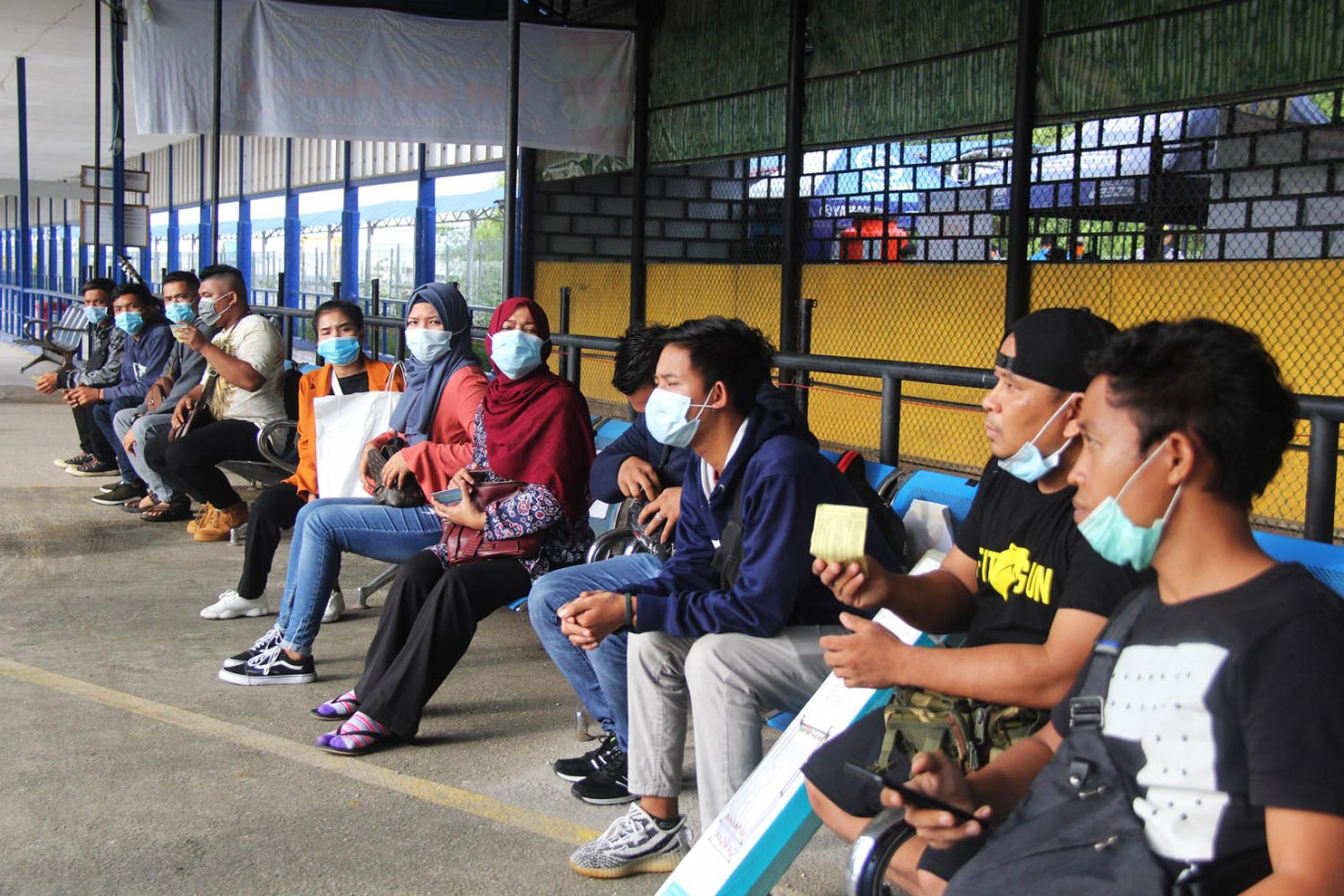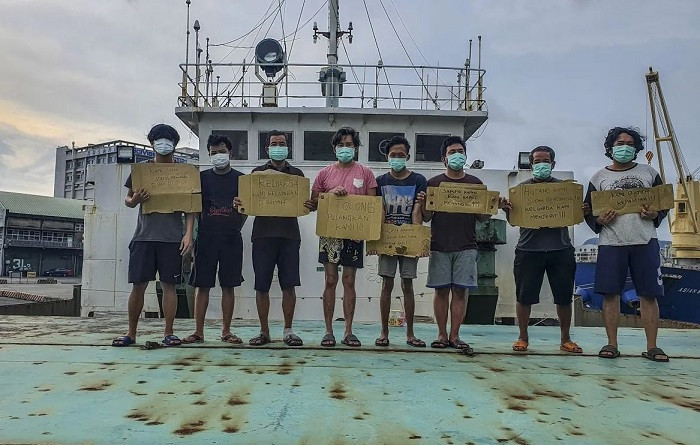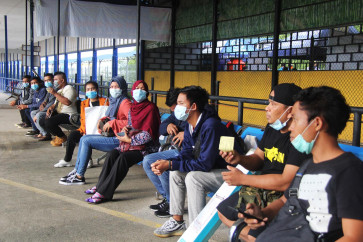Popular Reads
Top Results
Can't find what you're looking for?
View all search resultsPopular Reads
Top Results
Can't find what you're looking for?
View all search resultsASEAN, migrant workers and the COVID-19 crisis
From the critical reading of Migrant CARE, this declaration is very normative and does not address the crucial issues regarding the COVID-19 outbreak and its impact on the vulnerable communities in the region, especially migrant workers.
Change text size
Gift Premium Articles
to Anyone
T
his weekend ASEAN will hold a high-level conference that will be participated by all heads of government from the 10 ASEAN member countries, with focus likely to be given to concerted efforts to handle the COVID-19 pandemic.
The leaders had previously met online for a special high-level conference related to COVID-19 on April 14 and produced the Declaration of the Special ASEAN Summit on Coronavirus Disease 2019 (COVID-19). From the critical reading of Migrant CARE, this declaration is very normative and does not address the crucial issues regarding the COVID-19 outbreak and its impact on the vulnerable communities in the region, especially migrant workers.
The declaration focuses more on medical governance and information exchange during the COVID-19 pandemic. While those issues are definitely important, ignorance of the non-health aspects of the pandemic only demonstrates how stuttering and sluggish ASEAN has been in dealing with the health crisis.
The declaration, too, fails to address human mobility, which has significantly contributed to the economy of the region. Both sending and receiving countries reap benefits from labor migration with the volume of their remittances, commodity exports and labor supply for infrastructure projects.
Read also: Human rights in ASEAN at stake during pandemic
Because COVID-19 knows no national borders, cooperation among countries, especially in the regional framework, is a must. But the declaration is just rhetoric given the fact that in the context of the protection of migrant workers, ASEAN is divided over the interests of receiving and sending countries.
Migrant workers are one of the most affected groups by this pandemic. Those who work in the care, health and public services sectors are vulnerable to direct disease transmission. Because of their mobility, too, migrant workers are prone to stigmatization as carriers of the virus that causes COVID-19.


















